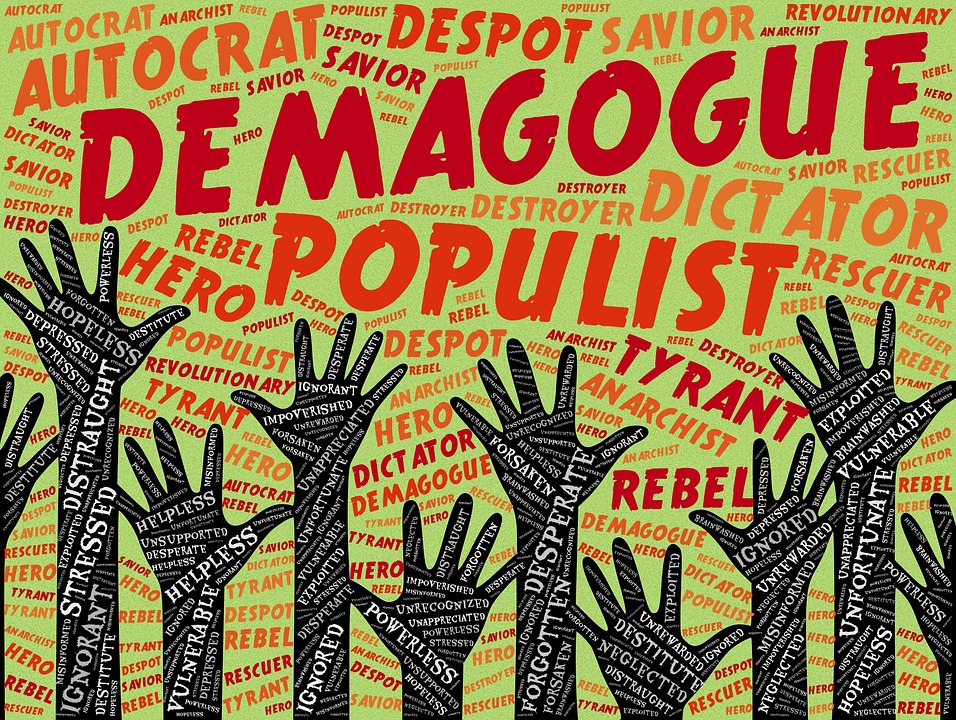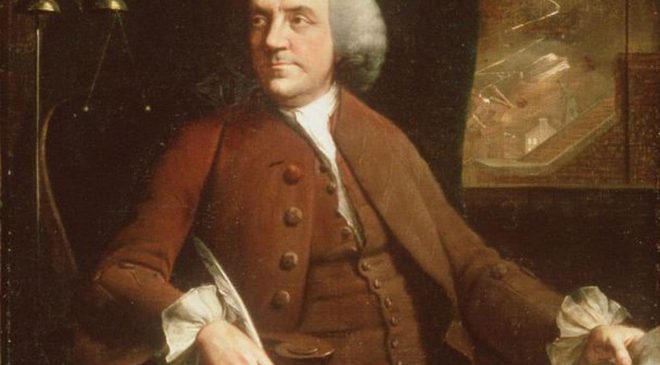The best deregulation lacks popular appeal. Deregulation of immigration is unpopular. Deregulation of housing is unpopular. Deregulation of labor markets is unpopular.
But when the stars align, specific forms of deregulation become potentially popular. All you need is close the deal is some brash populists to enthusiastically tell the masses what they’re ready to enthusiastically hear.
Despite the rising fashion of “national conservatism” among the right, I suspect that the stars for American deregulation are indeed aligning as we speak. A politician today could loudly promise lots of deregulation – and win. Furthermore, he could fulfill his promises – and win again. Topping the list of potentially popular deregulation:
1. An immediate end to all Covid rules. No more mask mandates – not in schools, not in airports, not on planes. No more distancing. No more Covid tests. No more travel restrictions on anyone. (The “anyone” phrasing is how you free foreigners, as well as natives, without calling attention to the fact).
2. An immediate end to all government Covid propaganda. No more looping audio warnings at airports. No more signs or stickers. Indeed, a national campaign to tear down all the propaganda that’s been uglifying the country for almost two years.
3. A radical and immediate reduction in airport security theater. End the rules that require the removal of shoes, jackets, and belts. End the rules that require you to remove electronic devices from your bags for extra screening. End the rules against travelling with liquids. Switch back to old-fashioned metal detectors instead of body scanners.
4. An immediate end to all airline security theater. End federal rules for use of “large electronics” during takeoff and landing. End federal rules for tray tables and seat inclines. Stop turning flight attendants into sky deputies. Just say, “Let the airlines decide. Competition works.”
5. End all traffic cameras. All of them.
6. End all remaining laws against marijuana and psychedelic mushrooms.
7. End FDA regulation of smoking and vaping for legal adults – and pass new laws banning such power grabs in the future.
8. Full school choice, nation-wide: “Fund students, not systems.”
9. Kill REAL ID. Forever.
10. End mandatory vehicle safety and emissions inspections: “An annual pain in the neck and a complete waste of time.”
11. Create an ironclad free speech limitation on discrimination law, which explicitly includes both (a) political speech, and (b) jokes. Along the lines of, “Expression of political opinions or jokes by co-workers, managers, or owners are Constitutionally protected free speech and can never be treated as evidence of discrimination or a hostile workplace environment.”
12. Undermine Human Resource Departments by amending existing employment law to read, “Human Resource employee training or lack thereof can never be treated as evidence in employment lawsuits.” This removes the incentive to constantly ratchet up employee brainwashing to show that your firm takes the law seriously.
Note: I’m not saying that the public is currently clamoring for any of these forms of deregulation. My claim, rather, is that the public is now predisposed to listen favorably. If you describe existing laws as a mix of “full-blown tyranny” and “petty tyranny,” the masses won’t think you’re crazy. And if you combine great political poetry with great rhetorical delivery, they might even hand you the power to set them free.
Why, you may ask, does my list have so many superlatives, so many simplistic slogans? Because the heart of populism is sacrificing nuance to gain devotion. Ending all Covid rules is much more inspiring than ending most Covid rules. The superlatives also provide atypical transparency. If you promise to kill REAL ID forever, the veracity of your promise is easy to verify.
In the past, claims about “libertarian moments” have always struck me as naive. And the best description of American policy today is that we’re having a long anti-libertarian moment. At the same time, however, popular resentment of these oppressive policies is unusually high. As a result, the American right has a rare opportunity to gain power by feeding that resentment. It would be ironic indeed if it ran away from deregulation at the very time the public happens to be atypically receptive to it.
Ironic, but hardly surprising.




